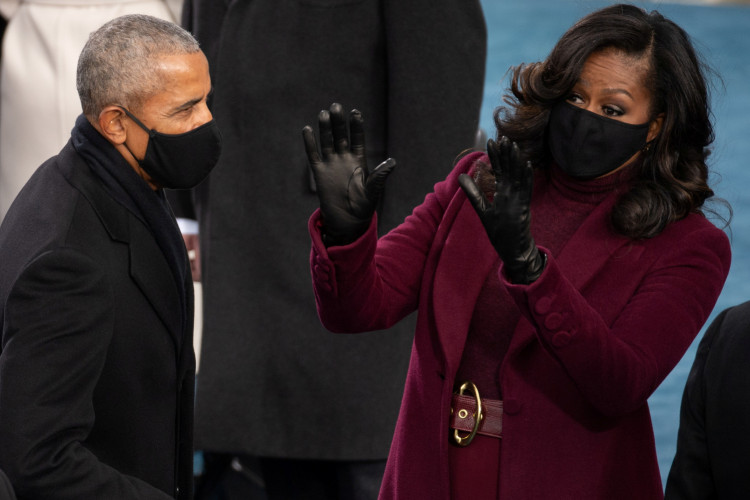Former U.S. President Barack Obama recently aired his apprehensions about the current state of the nation, despite having concluded his presidential term in January 2017. His primary concern revolves around the extreme division within the media and its impact on public discourse.
In a recent conversation with CBS' Nate Burelson, Obama highlighted the transformation in the media landscape and its effect on shaping public perception of truth. He contrasted the present scenario with his earlier experiences where a few major TV stations dictated the public consensus on reality and truth.
"What concerns me now is the splintering of the media, leading us to almost occupy different realities," he said. This division, according to Obama, has engendered a society where a shared understanding of issues and their veracity is becoming increasingly elusive.
He elucidated his point by addressing people's varied responses to events and issues, with some dismissing them as unreal, irrelevant, or as political propaganda. The former president emphasized the increasing disregard for scientific evidence and expert opinions in favor of political leanings.
The impact of this fragmented media on public consensus was further illustrated by Obama using the example of gun violence and school shootings in America. He noted that while there may be disagreements on solutions, the alarming data indicating a gun violence rate in the U.S. far surpassing other nations cannot be denied.
"We may disagree on how to address gun violence, but we can't ignore the data that shows our country has levels of gun violence that are five, ten, fifteen times higher than other countries," he stressed to Burelson.
Despite the differences in perspectives, Obama underscored the importance of a shared agreement on basic facts to facilitate meaningful debate. His conversation with CBS News marks a critical discussion on the growing media division's detrimental impact on the public's perception of truth.






